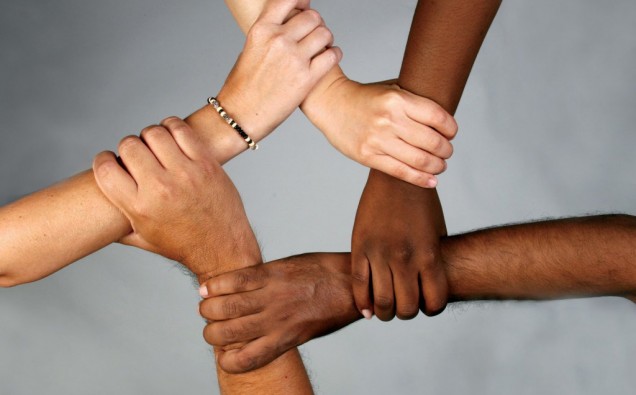A few years ago, an acquaintance showed me a letter he’d received from hospital. Its opening line was “This 51-year-old Caucasion (sic)…” It wasn’t just the fact that they’d got his age wrong by 10 years but as he remarked ‘What’s my race got to do with it?’
In this case none. It might have been relevant if he came from a racial or ethnic group particularly susceptible to certain medical or health conditions.
More pertinently, why the use of ‘Caucasian’? Seeing as we’d only heard the term in American TV crime series or films, we automatically assumed it meant white. A simplistic interpretation and, anthropologically speaking, not correct. Caucasian can be a white or not-so-white person (Google any number of sources for informed debate and
opinion).
Caucasian led us to consider whether the NHS would condone the use of ‘Negro’ to describe a patient. After all, doesn’t that refer to a black person? An assumption that, again, is largely based on our exposure to US crime fiction. Used by the cops or coroner and usually referring to the mugger/robber/gangster/crook who’s been gunned down by law enforcement (unfortunately it’s still the negative way many black people are
portrayed in the movies).
Again, wrong. Or probably wrong. Apparently, it’s archaic and not used nowadays and could be regarded, especially by ‘younger’ generations, as offensive. Yet the 2010 US Census had a question about race. “What is Person 1’s race?” The options were White, American Indian or Alaska Native, and Black, African Am. or Negro. One of the defences
for including the term Negro was that many older Americans still identified themselves as such.
In Spanish, Negro means black. So there is a River Negro, people with the middle name or surname Negro, and in Spanish-speaking countries and cultures, there are derivations like Negrito which can or can’t be offensive depending on context (dredges up Luis Suarez-Patrice Evra-Liverpool- Man Utd soap opera circa 2011). So how does a
black/African- American react, or how should they react, on hearing the word Negro
used by a Hispanic person?
I don’t know. Just as I don’t know nowadays whether I should be using the term African-American or black. Just as I don’t know whether, in the UK, I should be using Afro-Caribbean, African- Caribbean, black or British black. Or Asian, British
Asian, or brown, coloured or darkskinned.
(For the time being, with the former I’m veering towards ‘black’. But then would you refer to someone as ‘brown’?) In my youth, I’d greet some of my black friends with terms like ‘Rasta’ or ‘baldhead’, courtesy of our shared love of reggae. Transplant to today and with those particular friends, could I get away with greeting them with a term that is popular in hip-hop culture, used by young people and is a variation of the racial slur that is commonly referred to now as the N-word?
If anyone’s confused, the word I have in mind starts with ‘n’ and ends in ‘a’. Work it out for yourselves! I’m not using it because I don’t know whether it’s acceptable to use or not, or who will be okay with it and who’ll be offended. So who defines which terms are acceptable and which are offensive? Governments? Society? Culture? Common usage?
In most cases, there’s no divine authority to issue edicts. Even among black communities in the US, the UK and elsewhere, there is no consensus on use of variations of the n-word. Language has been, and always will be, a minefield especially when it comes to the labels we use to identify people. So, here’s a safety tip – always mind your words.

























